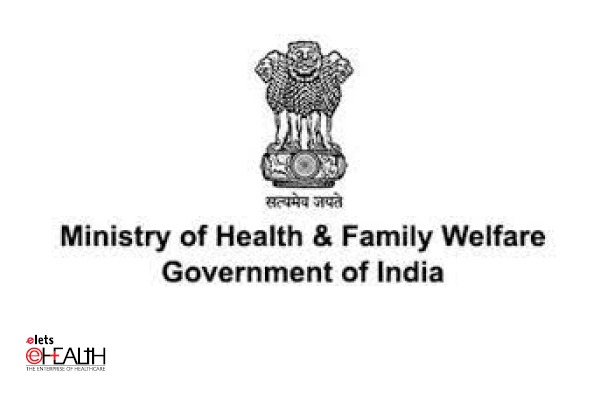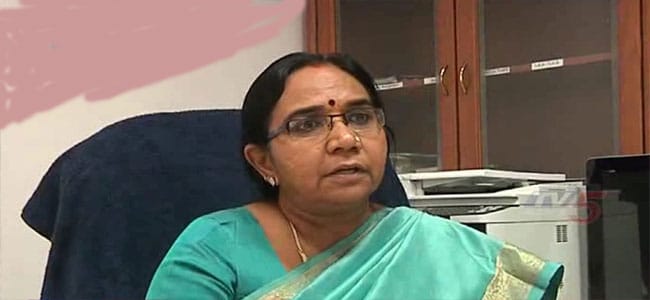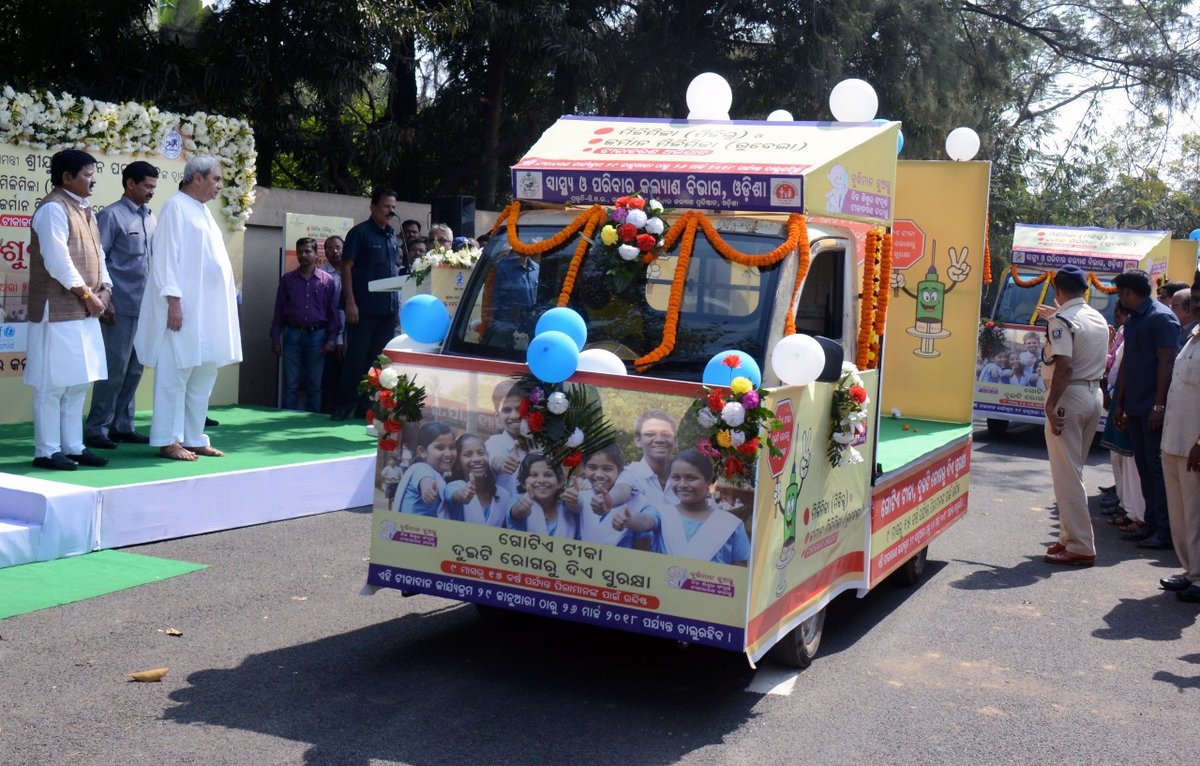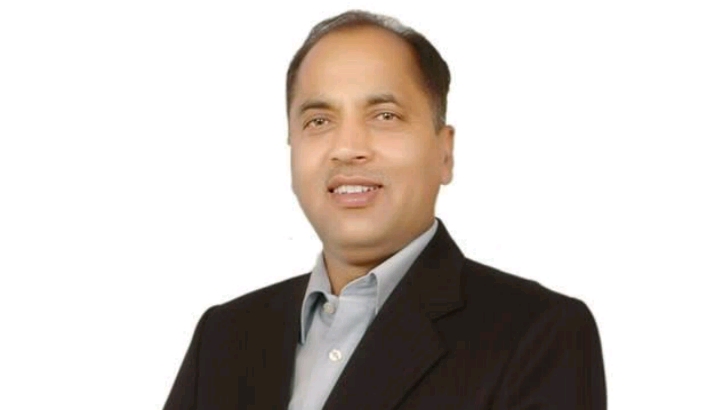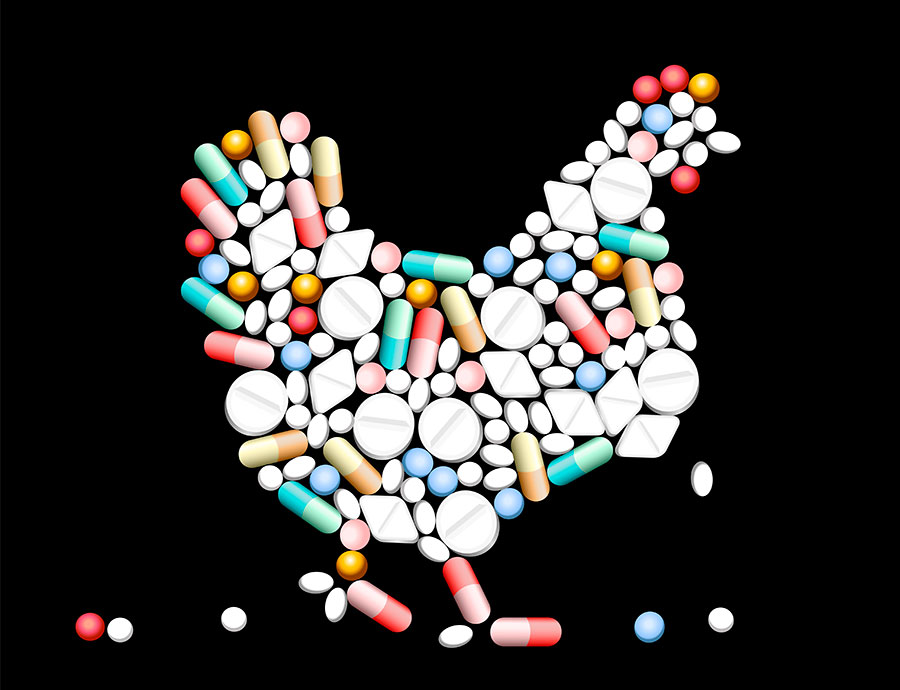
New York University students learn from the India model the role of global civil  society in advancing common goals. With no new polio cases being reported for more than a year, Indias experience of containing the dreaded virus has been hailed as the biggest public health achievement worldwide. After endemic nations Nigeria and Pakistan were quick to emulate best practices from India it has now caught the fancy of young America. This story about how India won the war against polio was retold at the UN Secretariat office in New York for the graduating learning community in Global Affairs program of New York University. Speaking at the Global Affairs programme, Chairman of Rotary International showcased Indias experience and progress to wipe out polio from the country despite various challenges
society in advancing common goals. With no new polio cases being reported for more than a year, Indias experience of containing the dreaded virus has been hailed as the biggest public health achievement worldwide. After endemic nations Nigeria and Pakistan were quick to emulate best practices from India it has now caught the fancy of young America. This story about how India won the war against polio was retold at the UN Secretariat office in New York for the graduating learning community in Global Affairs program of New York University. Speaking at the Global Affairs programme, Chairman of Rotary International showcased Indias experience and progress to wipe out polio from the country despite various challenges
Deepak Kapur of Rotary International in his presentation highlighted the successful role played by each partner “ WHO, UNICEF, Rotary International, Govt. of India and State Governments “ in reaching the unreached child for Polio immunization.

Chairman Deepak Kapur said, Over 9 billion has been invested in Global Polio Eradication (GPEI) since its launch in 1988. The success can be largely attributed to strategies involving mass mobilization, creating demands and sustaining the supply chain, frequent and immediate immunization activities along with door to door delivery, state-of-the art disease surveillance and monitoring system, fundraising, and religious advocacy to make polio immunization widely acceptable.
Students learnt in detail about the challenges faced in implantation of national health campaigns in polio affected nation. These being political unrest, poor health infrastructure, resistance against vaccine, dismal public health services, troubles with administration in implementation – and role of voluntary organizations such as Rotary International and other partners in battling these odds and overcoming them to deliver success.
Over 709000 vaccination booths, 2500,000 vaccinators, 1170000 vaccination teams, 209 million home visited and 174 million children are reached in one NID (national Immunization Day) in India, said Mr Kapur. Professor Colette Mazzucelli, faculty at the Centre for Global Affairs at the New York University, said, “We were able to create a truly memorable session for the graduate students in this module to explain the context in India and how civil society can help advance common goals.”

Kapur informed that Rotarys commitment to end polio represented the largest private-sector support of a global health initiative ever undertaken. Rotary International has so far invested USD 1 billion (INR 5000 crores) globally of which USD 159 million (INR 795 crores) have been spent in India alone. In addition to Rotarys fundraising efforts, over 1 lakh Indian Rotary volunteers helped organise national immunisation days, staffed health stations and administered drops to children.
Rotary International is the spearheading partner of the Global Polio Eradication Initiative comprising of WHO, UNICEF, CDC and Rotary. It consists of 33,976 clubs and 1.2 million members in more than 200 countries and geographical areas.
Be a part of Elets Collaborative Initiatives. Join Us for Upcoming Events and explore business opportunities. Like us on Facebook , connect with us on LinkedIn and follow us on Twitter , Instagram.


